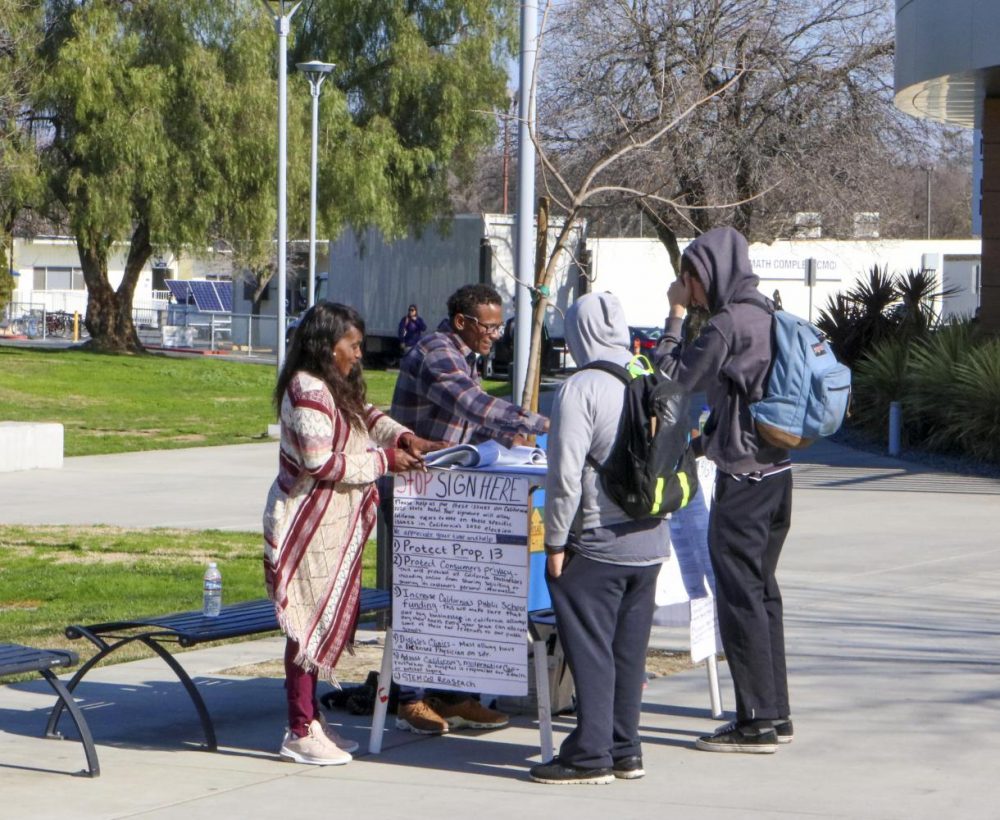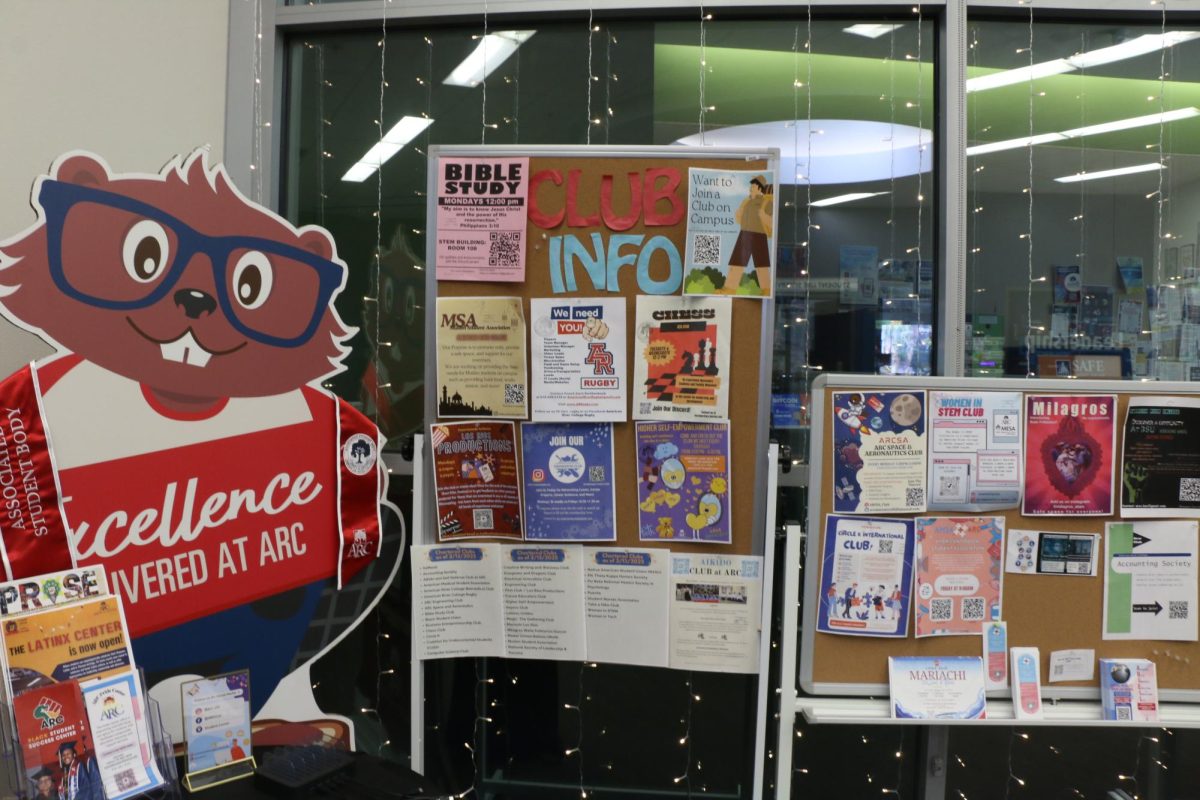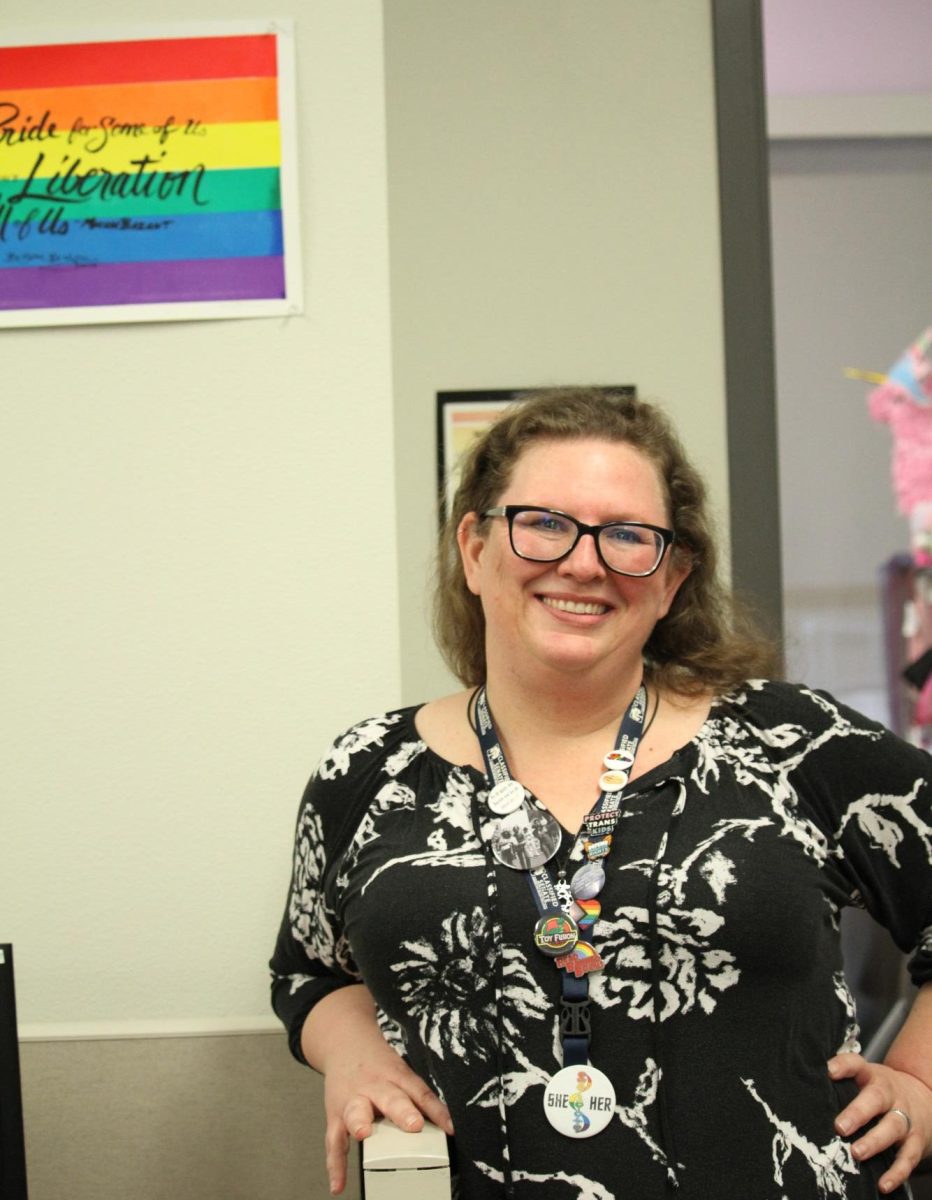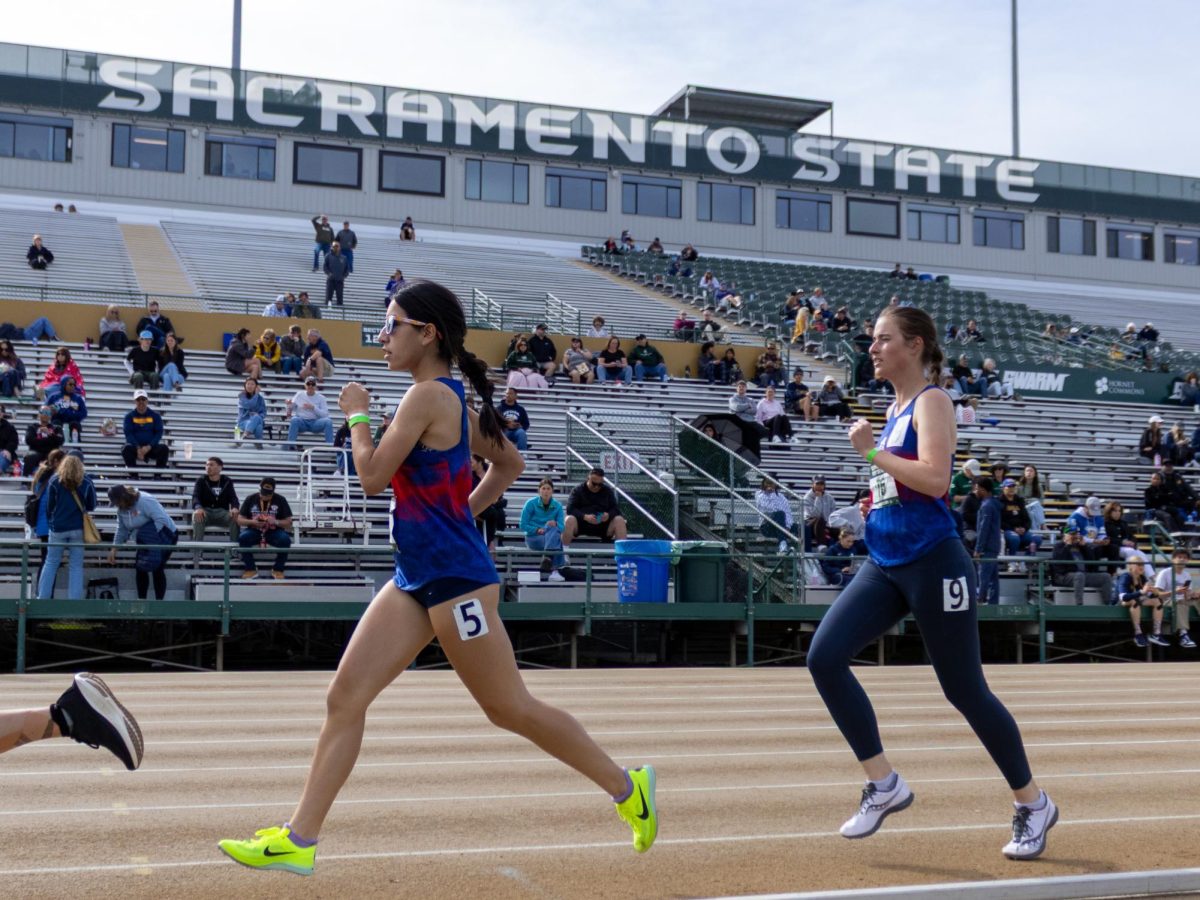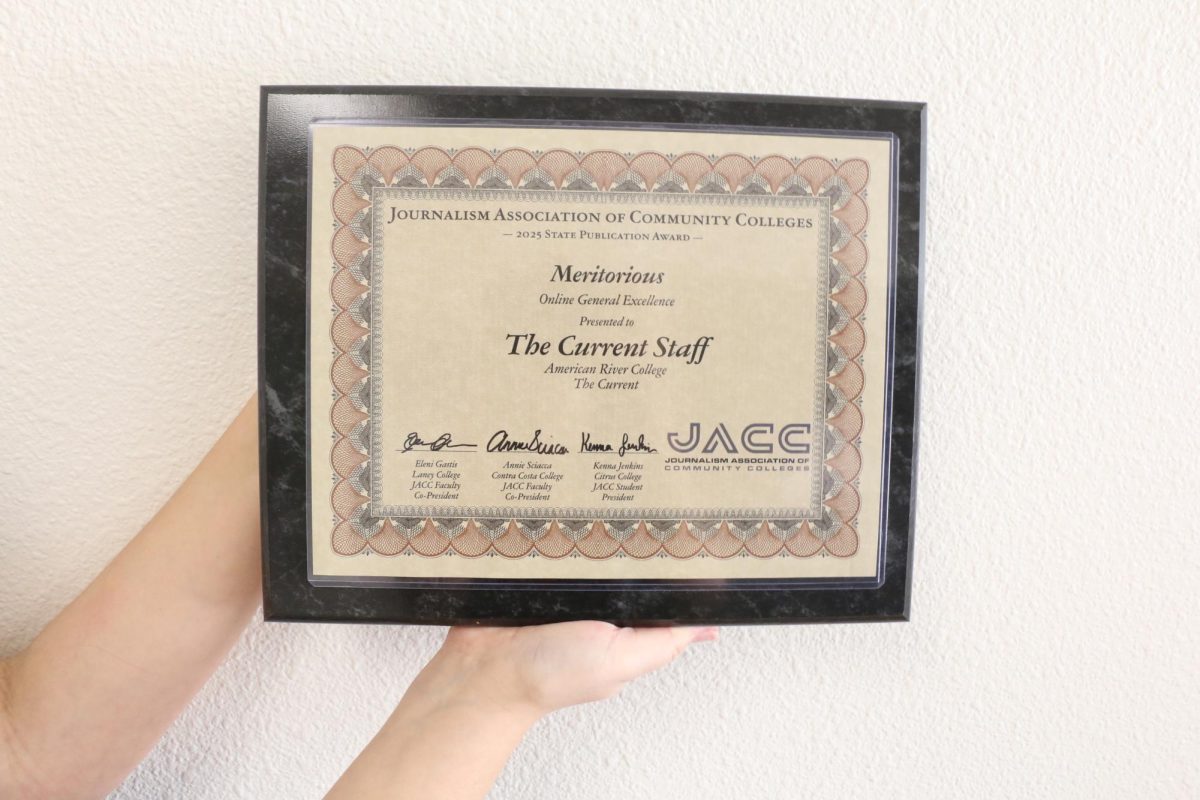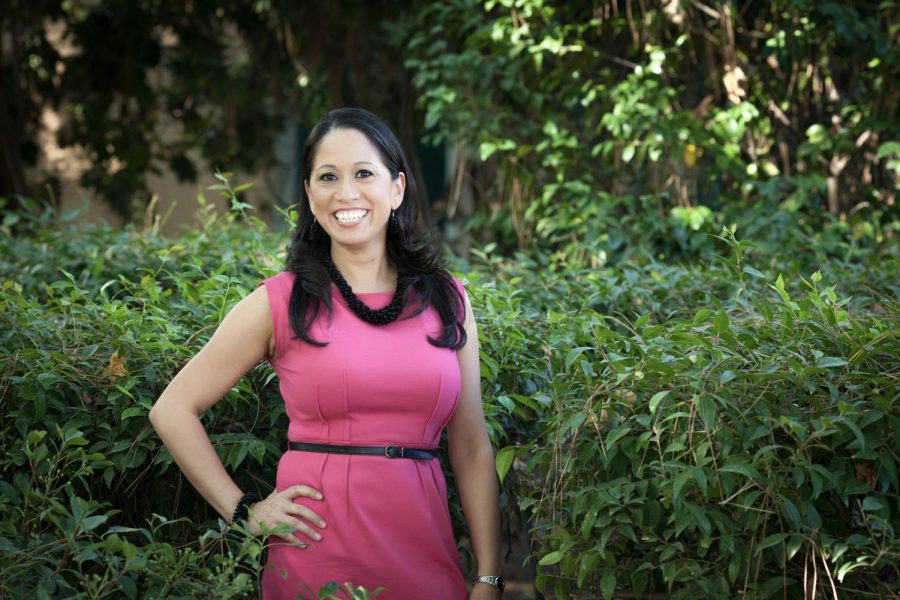You have wandered on the American River College campus long enough to see the subjects of this topic and identify them from a distance. Their signs, their booths and their clipboards may come to mind.
Many times they’re posted in common areas with a lot of foot traffic in the vicinity of the Student Center and the bookstore. There have been stragglers as far away near the kinesiology department.
We’re talking about the petition gathers.
It’s been said, if you don’t make eye contact, they’ll allow you to walk past without hindrance but sometimes that’s not always the case.
To what lengths will a petitioner go to meet his or her signature needs?
Each represents varying causes, whether that’s stem-cell research, saving rideshare services and even religious outreach
One petitioner Bryn, who asked not to use his last name for the sake of anonymity, said the biggest misconceptions are about what they do.
“The biggest misconception about what we do is that we misuse information by soliciting them,” Bryn said. “Most of us are independent contractors who collect signatures to register students to vote, to get support for issues and to put initiatives on voting ballots.”
Bryn says the topics he’s gathering signatures for are important to students. He tries to connect with students on a personal level during his work.
In an email, Scott Crow, communications and public information officer for ARC, distinguished the differences between vendors and petition gatherers; he also noted concern regarding the behavior of following students into the student center for signatures.
“Those sound like petition gatherers as opposed to vendors doing business with the college,” Crow said. “That level of signature gathering behavior—especially going inside our buildings —sounds a little concerning.
Crow referred to the Los Rios Community College District Board of Trustees’ community policy on visitors on campus. In it, section 1.3 explicitly states that petitioners have the right to visit on campus because ARC is a public institution.
The board policies also explicitly announce a petitioner’s inalienable right to speak freely without impediment.
For example, according to CCD policy, any off-color speech—including swear words—heard in open areas on campus, such as the quad, is considered protected speech.
“As a public institution we are required to provide an outdoor space for speech that includes individuals gathering signatures for ballot initiatives. As the policy/regulation above shows, however, there are some limits on behavior,” Crow said. “That is why we appreciate when someone shares a specific concern about a specific individual or group, so we are aware.”


